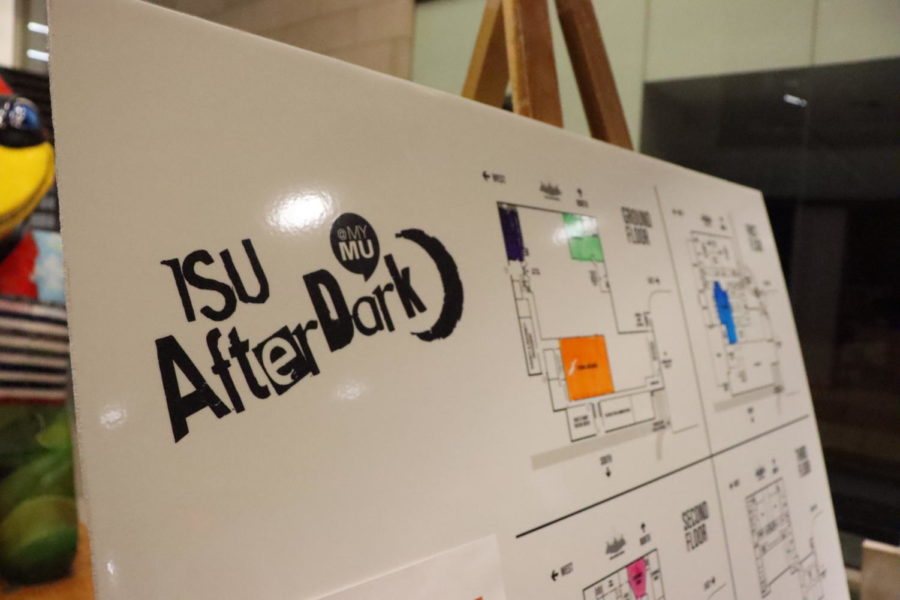Allen misses point
March 12, 1999
In response to Keith Allen’s letter to the editor in Thursday’s Daily, you have completely missed the essence of the Y2K problem.
First, I’m unsure how you can say “many at Iowa State seem unconcerned.” 20,000 people go to school here, and I doubt you spoke with “most” of them to discover that they are “unconcerned.”
Now, I don’t claim to have talked with many more people than you have, but I would suggest that “most” are concerned about Y2K but for a different reason than you are.
You claim that “computers and their applications, which the public relies on, are defective.”
How much do you REALLY rely on computers and their applications for your survival?
Sure, a lot of people have computers and like to use the Internet, but no one has died or become sick because their computer stopped functioning correctly.
Even if many people’s computers don’t work right on Jan. 1, no one will take to the streets and cause such a “commotion” that the National Guard will have to be called out.
Do you go out and start a riot every time your computer crashes? I don’t think so.
Your assumption that humanity has some vital reliance on computers is exaggerated and absurd.
Many of the key components of the Internet that actually make it work won’t have problems anyway. Sure, Windows 95, NT and Internet Explorer have problems, but they are hardly vital to the operation of the Internet.
The REAL computers that run the Internet operate with Unix, because it’s faster, more stable and just a lot better than Windows NT. And, many Unices don’t have Y2K problems, or they have very minor ones.
Believe it or not, this planet can actually operate without Microsoft, contrary to what Microsoft might want you to think.
The real Y2K problem is in the millions of tiny microchips in the control systems of power grids, pipelines and water distribution systems.
Some suggest that large regions of the world could be without power for weeks or months if these systems fail due to Y2K.
Oil pipelines and water distribution systems could be simultaneously disabled, leaving millions without heat, light and water until mid-January or early February.
Are you MORE concerned yet? You can’t use your computer if you don’t have electricity.
You can’t survive January without heat, and you can’t survive for more than a few days without water.
Granted, that is a somewhat pessimistic prediction of what could happen, but my point is that computers are not at the heart of the Y2K problem, as you suggest. You’re right, if your computer is Y2K compliant, you’ll still have problems.
And I agree that the software industry isn’t good at making deadlines, but would you rather have the world’s engineers (those of us who make the world work for you business people who “manage” it) fixing your computer’s date and time functions, or fixing the power control systems so that you can stay warm in January?
I urge you to pick up a copy of April’s WIRED magazine and read through the articles about Y2K.
That way, you might get a better idea of what it’s all about. I agree with you that Jan. 1 won’t be the end of the world, but you don’t need to tell us that “a problem of some kind will occur.” Everybody already knows that.
Mike Dorman
Freshman
Pre-computer engineering






